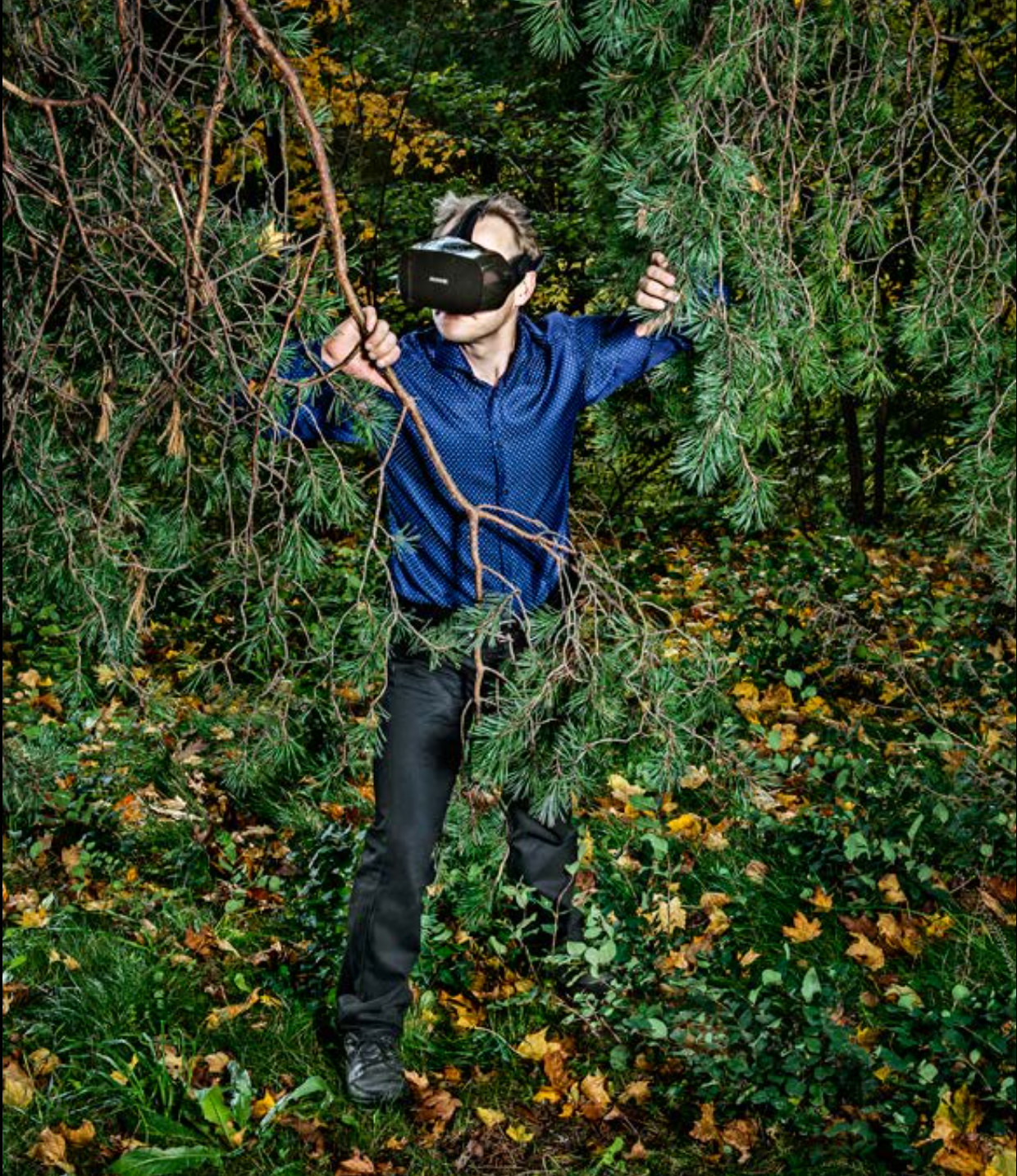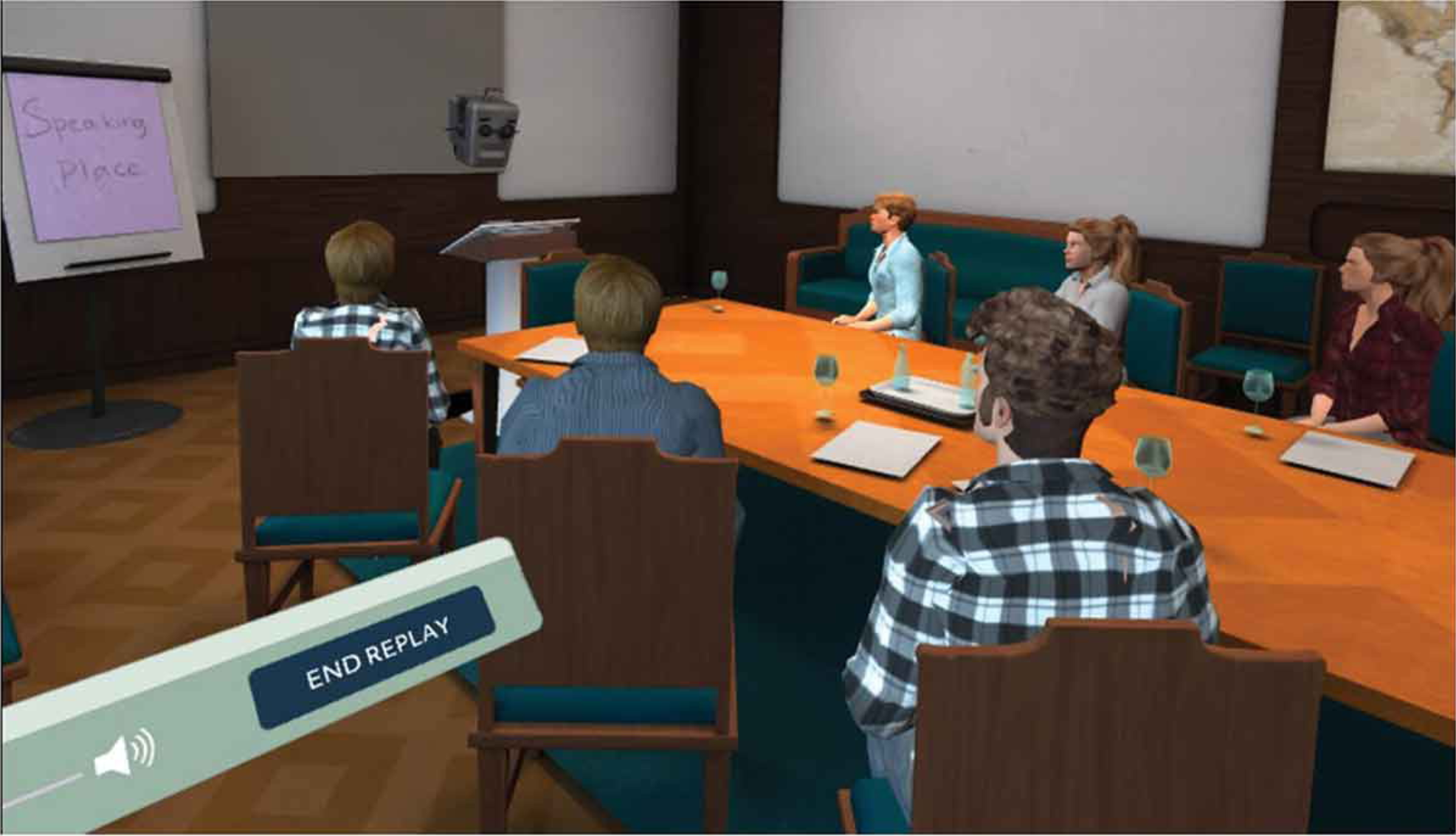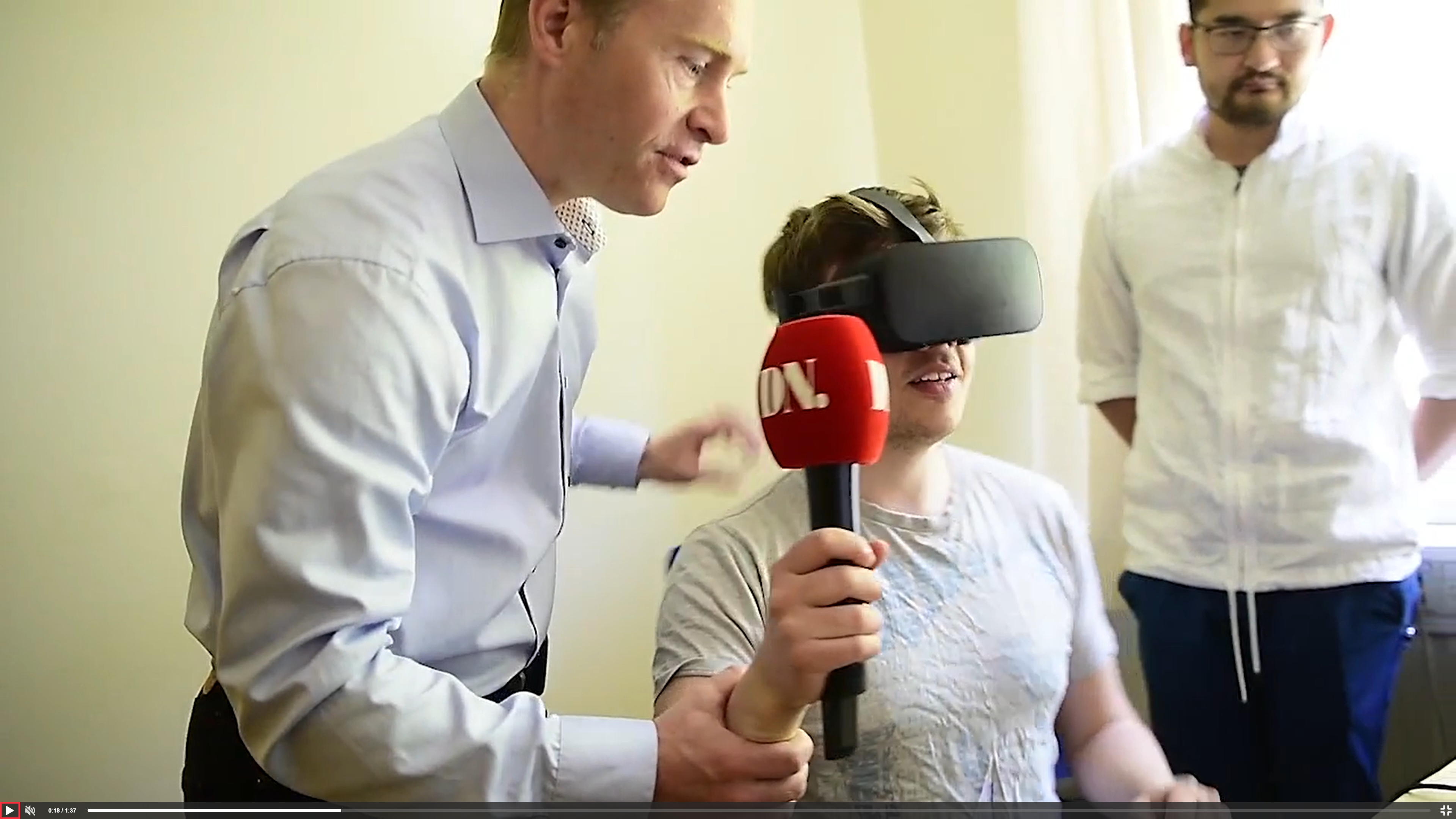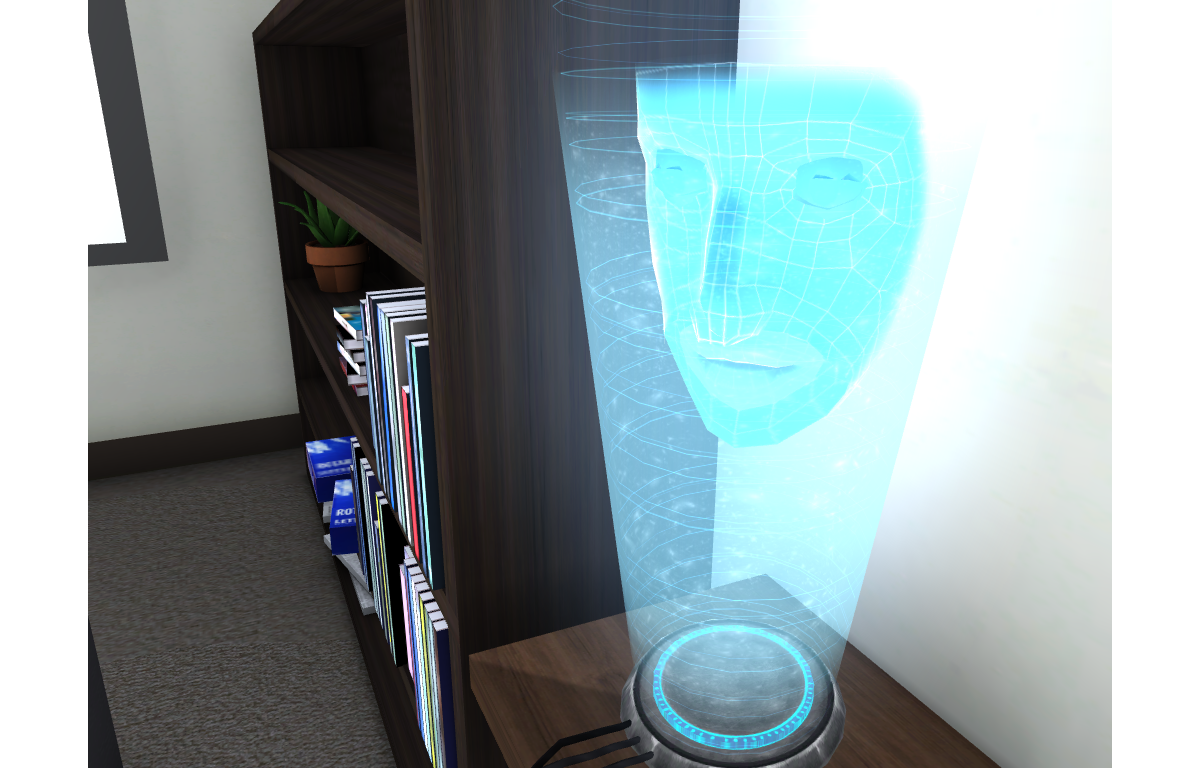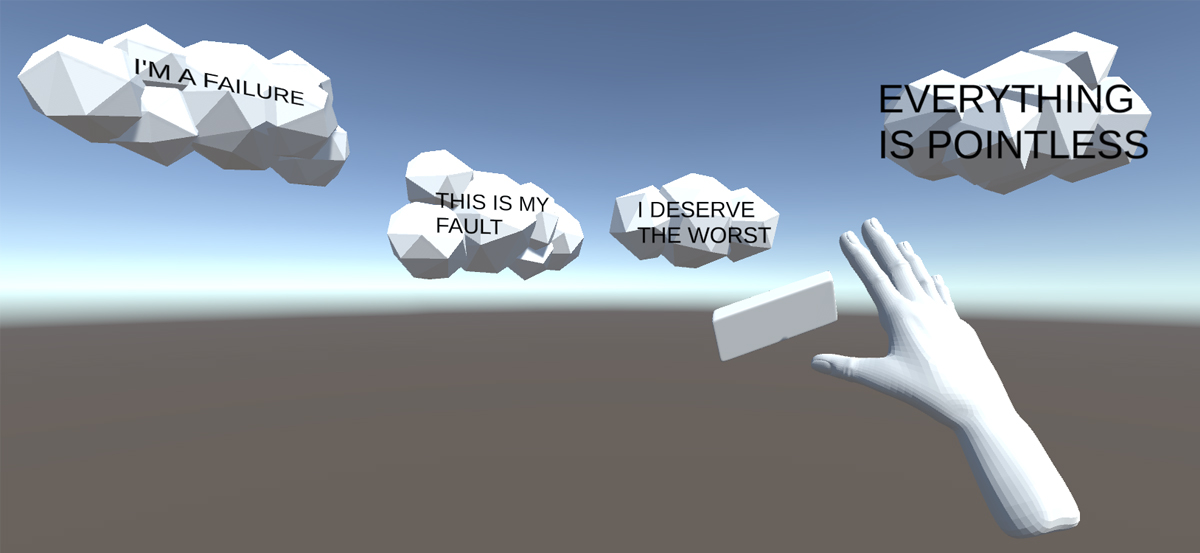Päls och pixlar – Träffa terapihunden Ludde och hör om vår fobibehandling i virtuell verklighet
Äntligen är det dags! Mellan den 20-23 september invigs Albano, det nya fina och påkostade campusområdet som sedan hösten 2021 är hem för Psykologiska institutionen. Efter 39 år i Frescati Hage har institutionen nu bosatt sig i toppmoderna lokaler i Albano. Invigningsceremonin Själva invigningsceremonin äger rum utomhus nedanför Albanotrappan den 20 september mellan kl. 11:30–12:00. … Läs mer!


